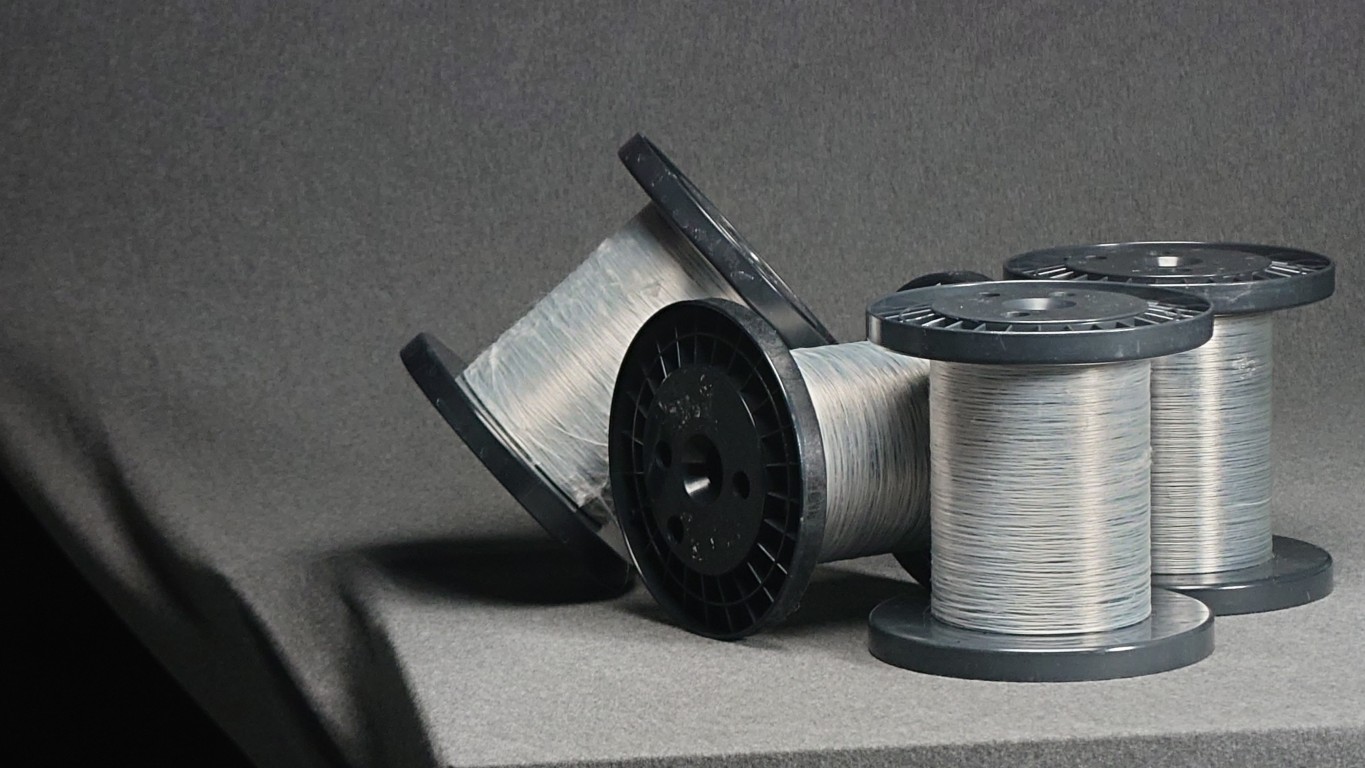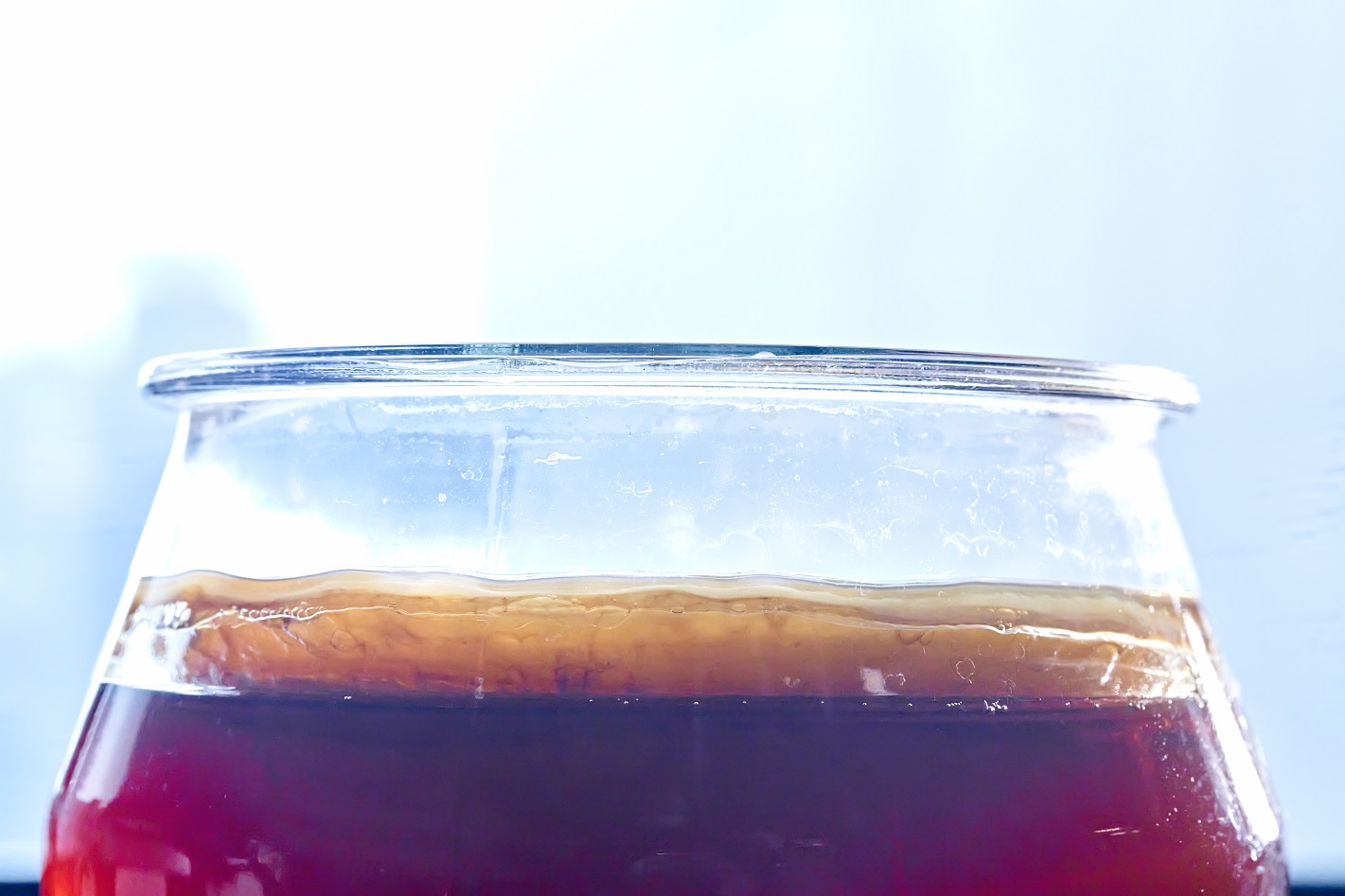CelluLoop: Development of Regenerated Bacterial Cellulose Fibres from Sustainable Source
This project has developed a novel solvent system and spinning method to produce regenerated cellulose fibres out of sustainable bacterial cellulose (BC) fermented from fruit waste. BC has high degrees of purity and polymerisation, and can be utilised as an alternative source for sustainable cellulose fibre production with improved energy efficiency. The advantages for this source are their fast growth rate and without the use of pesticide, copious amount of water and polluting chemical process.
The objectives of this project are:
- To prepare regenerated cellulose fibre from the bacterial cellulose
- To study the process parameter for the growth of bacterial cellulose and find out the optimised condition
- To develop solvent systems for dissolving bacterial cellulose efficiently
- To study the process parameter for the wet spinning of regenerated bacterial cellulose fibre and find out the optimised condition
It is expected that the outcomes of this project can provide a know-how from bacterial cellulose cultivation to BC-based regenerated cellulose fibres.
Using bacterial cellulose to produce regenerated cellulosic fibre
No consumption of pesticide and huge amount of water – a cost-effective, water-saving, and non-polluted production process.
An innovative attempt to explore bacterial cellulose as an alternative sustainable source for the production of regenerated cellulosic fibre.
2024 World Changing Ideas Awards - Finalist (Materials)
2025 R&D 100 Awards - Winner (Mechanical/Materials)
Development of Regenerated Cellulose Fibers from Sustainable Source
ITP/004/22TP


